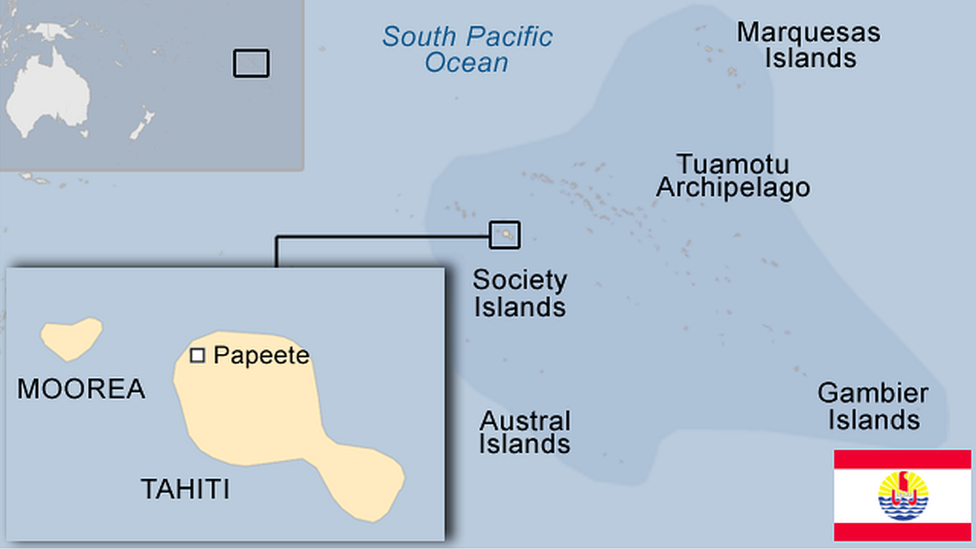New Caledonia profile
- Published
This page is no longer being updated. It was last updated on 24 May 2024

A French overseas territory in the Pacific, New Caledonia has seen deep divisions between its indigenous Kanak population and Europeans, most notably over the thorny question of independence.
Besides having one of the region's highest average incomes per capita, New Caledonia is rich in resources and accounts for around 10% of the world's nickel reserve, according to the Australian Trade and Investment Commission.
New Caledonia enjoys a large degree of autonomy but depends heavily on France for matters like defence and education.
Following bouts of violence in the 1980s over the issue of independence, several agreements were signed including the 1998 Noumea Accord, which set out a roadmap for greater autonomy for the territory.
This included up to three referendums on independence. The first two showed slim majorities for remaining part of France. The third was boycotted by pro-independence parties after the authorities refused to postpone the vote due to the Covid epidemic.
Chinese influence on the island is growing. A significant portion of New Caledonia's exports goes to China, much of which is nickel.
Read more country profiles, external - Profiles by BBC Monitoring, external
NEW CALEDONIA: FACTS
Capital: Nouméa
Area: 18,576 sq km
Population: 293,000
Languages: French, Nengone, Paicî, Ajië, Drehu plus others
Life expectancy: 75 years (men) 83 years (women)
LEADERS
Head of state: President of France, represented by a high commissioner
President of New Caledonia: Louis Mapou
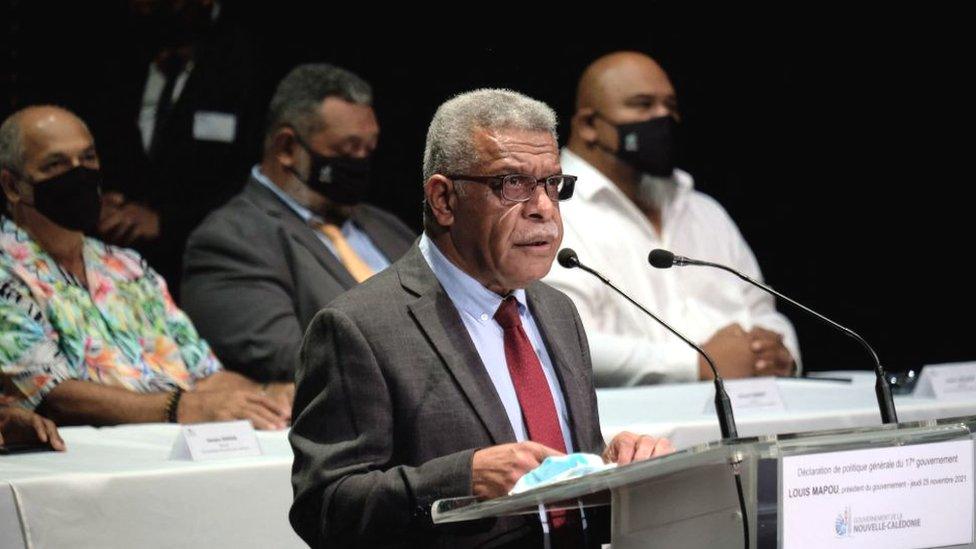
Louis Mapou is the first separatist president of New Caledonia's the government since the Nouméa agreement. He was elected in July 2021.
He has told the UN that he wants to put the future direction of New Caledonia back on the table by 2024.
In 2021 it voted for the third time against independence, but this poll was marked by a low turnout after pro-independence parties called on its supporters to boycott the vote due to the Covid pandemic. Since then, pro-independence supporters have refused to accept the result of the vote.
New Caledonia has a power-sharing executive elected by the territory's Congress, which ensures that all parties on it are represented in proportion to their number of seats in Congress.
After being elected, the executive then chooses its president from among its members.
At a national level, New Caledonia is represented in the French parliament by two deputies and two senators.
MEDIA
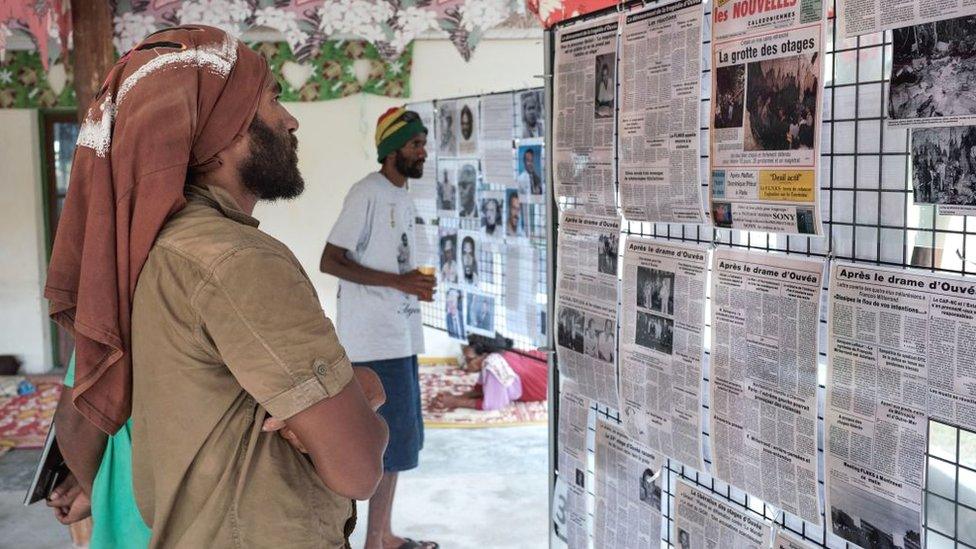
There is little politically neutral media in the territory and outlets tend to favour one political grouping or another.
Private radio stations operate alongside TV and radio services provided by the French public overseas broadcaster, Reseau France Outre-mer (RFO).
TIMELINE
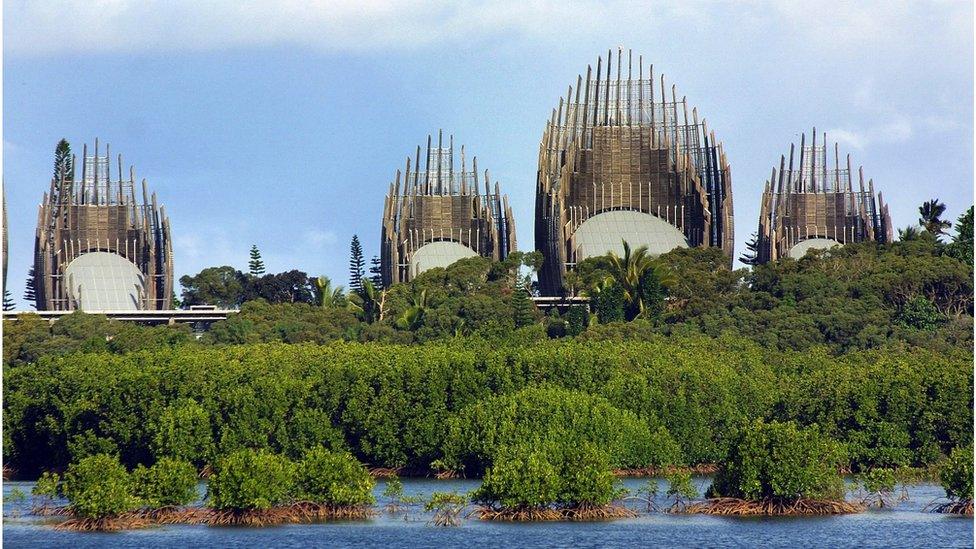
The cultural centre in Nouméa, capital of New Caledonia
Key dates in the history of New Caledonia:
1500BC - First known inhabitants are the Lapita people, followed by the Polynesians in 1000BC.
1774 - British explorer James Cook names the island New Caledonia after the Latin name for Scotland.
1840s onwards - Islanders are increasingly kidnapped by European traders as slave or for forced labour in sugarcane plantations.
1853 - Annexed by France.
1864 - The discovery of nickel deposits leads to the development of the mining industry.
1864-97 - France uses New Caledonia as a penal colony and transports 22,000 convicts and political prisoners to the islands, included many Communards, arrested after the suppression of the Paris Commune of 1871,
1878 - Kanak revolt: the territory's indigenous people clash with French settlers over their loss of land, heralding further repression by the French.
1878-1921 - Kanak population declines in this period from c. 60,000 to 27,000 due to the introduction of European diseases such smallpox and measles.
1946 - New Caledonia becomes a French oversees territory.
1976-88 - Conflicts between the French authorities and the Kanak independence movement see periods of serious violence and disorder.
1984 - The Kanak and Socialist National Liberation Front (FLNKS or Front de Libération Nationale Kanak et Socialiste) is formed as a pro-independence alliance of political parties.
1986-87 - French centre-right government begins land distribution without considering of native land claims - over two-thirds go to Europeans and less than a third to Kanaks. This sees roadblocks, gun battles and the destruction of property.
1988 - Ouvéa cave hostage taking: pro-independence militants kill four gendarmes and take 27 hostages. French forces assault the cave and rescue the hostages, 22 Kanak hostage takers and two soldiers are killed.
1988 - Matignon Accord marks a reconciliation between Kanak and European communities by proposing an end to direct rule from Paris and a vote on independence in 1998.
1998 - Nouméa Accord sets a 20-year timetable for the gradual transfer of responsibilities from France to the territory. Under the conditions of the Accord, the Vice President of New Caledonia must be a pro-independence politician if the Presidency is held by an anti-independence politician. The Accord allows for up to three referendums to be held on independence.
2006 - French parliament votes to restrict voting rights of French citizens in the territory, something that has been long sought by Kanaks.
2018 - Voters in the territory reject independence from France in a November referendum by 56% to 43%.
2020 - Second independence referendum is held. The number of voters wanting to remain part of France falls slightly to 53%, those voting for independence rises to 46%.
2021 - Third independence referendum is held. It is boycotted by pro-independence forces, who said the vote should have been delayed due to the Covid pandemic. As a result of this boycott, 96% of voters choose to stay with France. Pro-independence parties refuse to accept the vote as valid.
2024 - Riots break out across territory over electoral reforms, which indigenous Kanak leaders say will allow more French residents to vote in local elections and dilute the political influence of native people.
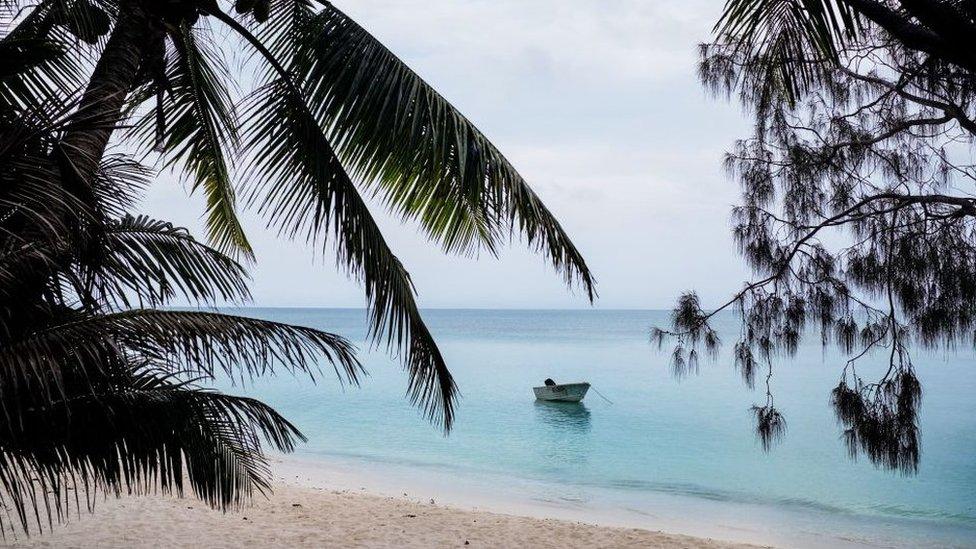
New Caledonia is a major exporter of nickel
Related topics
- Published14 April 2023
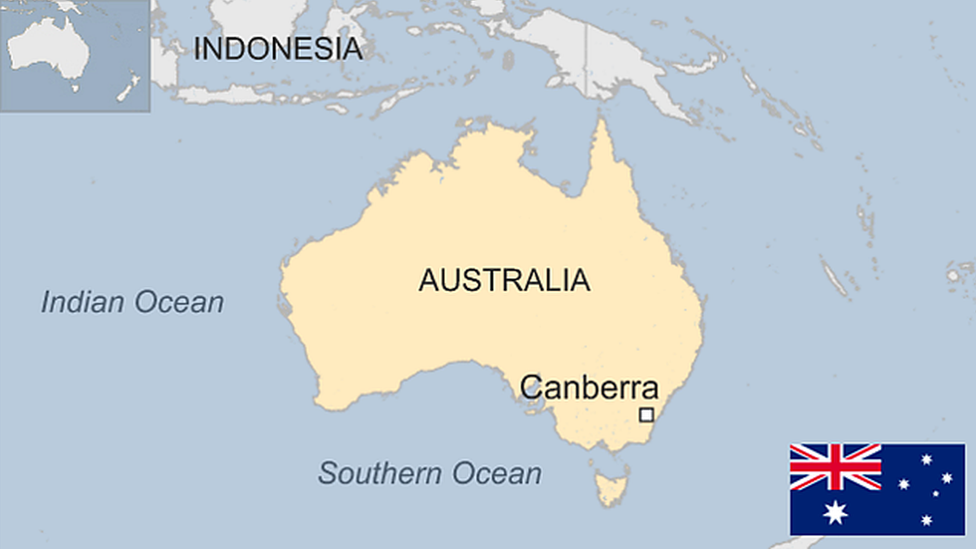
- Published21 May 2024
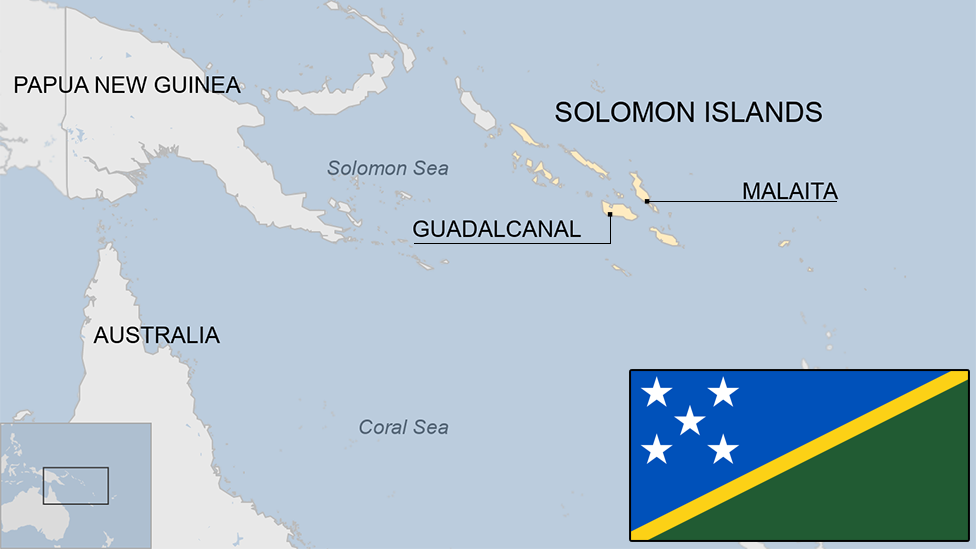
- Published27 October 2023

- Published23 August 2023
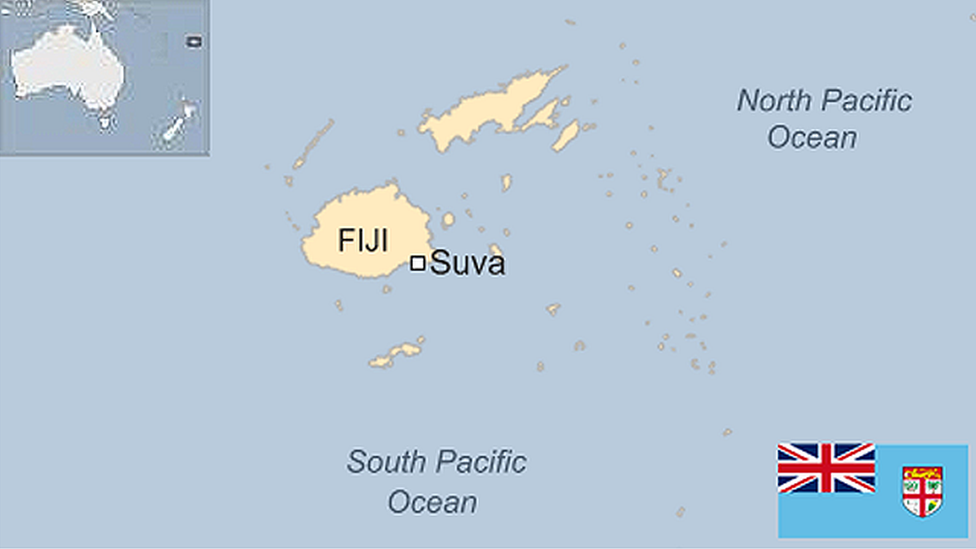
- Published23 August 2023

- Published6 June 2023
